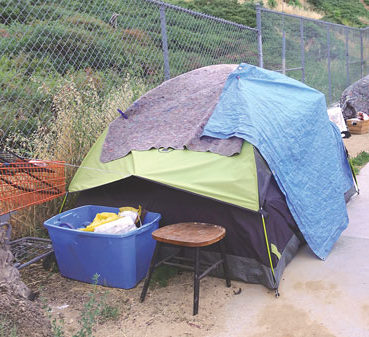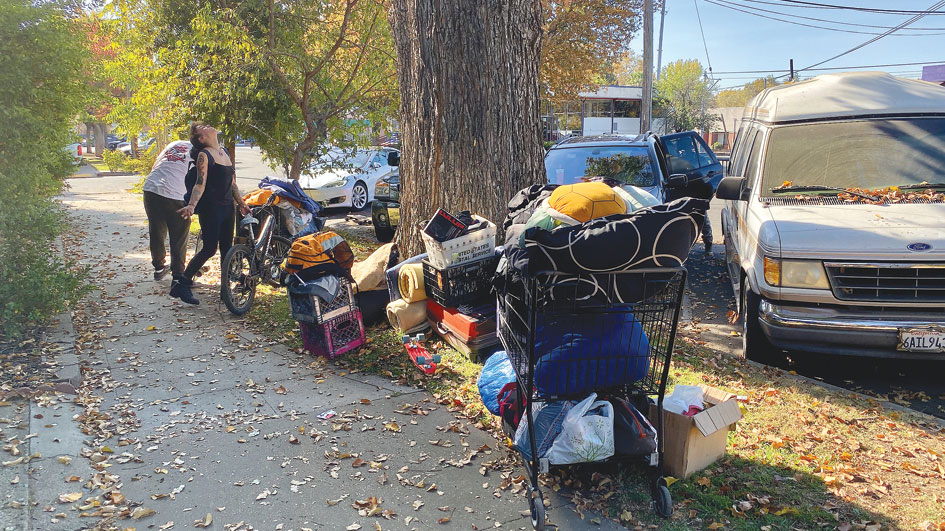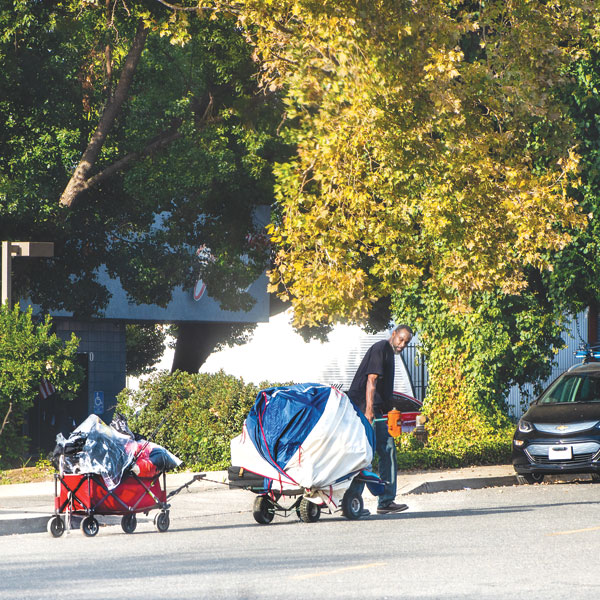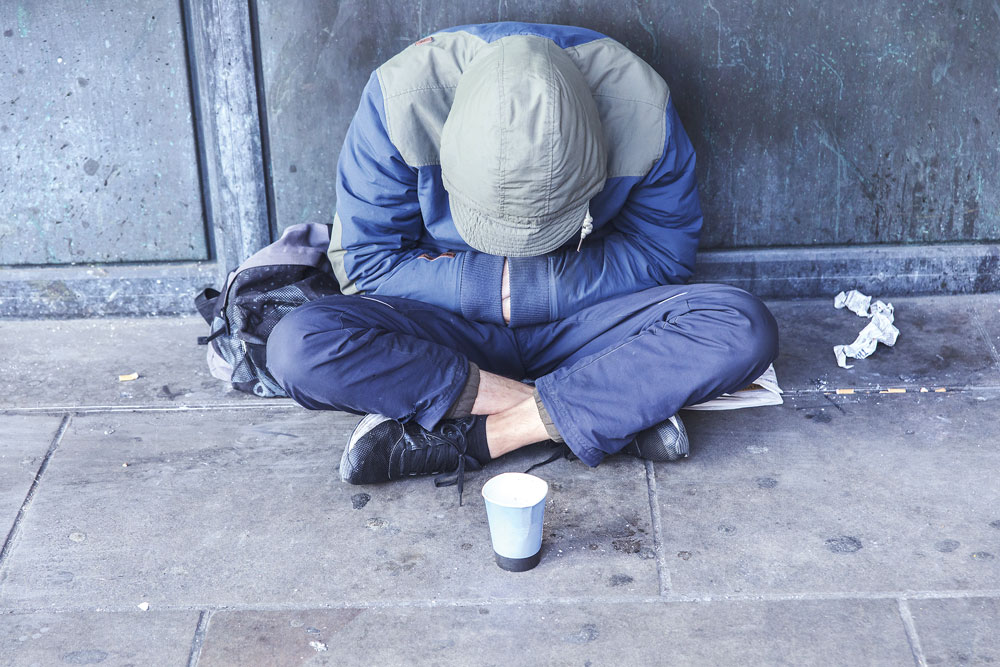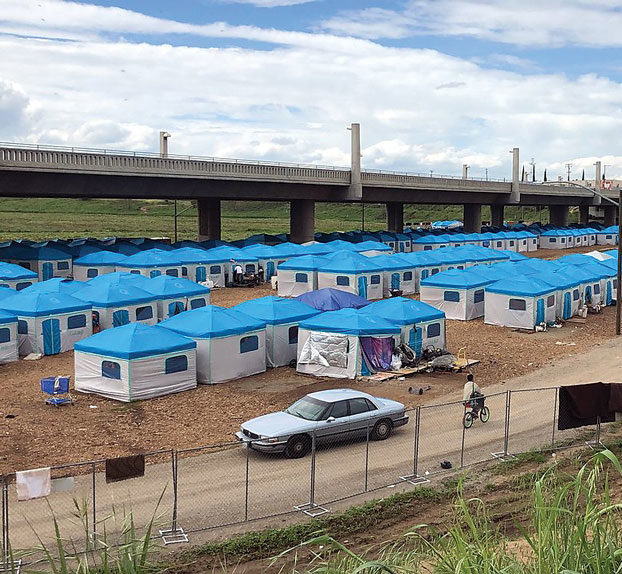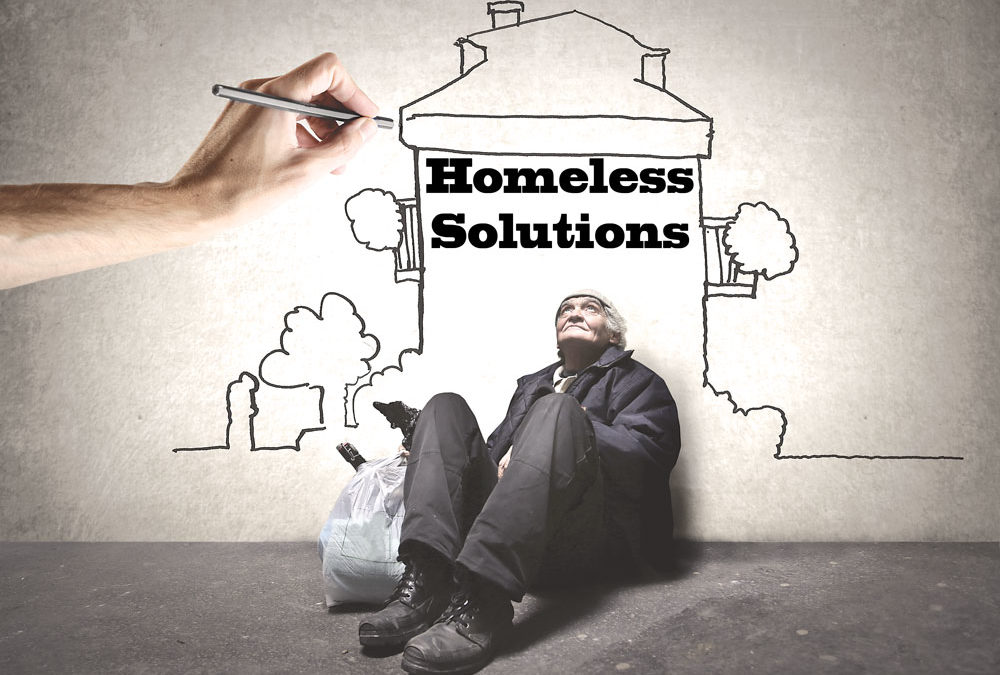
Dec 30, 2019
A new way to manage the homeless problem is making its way across California. It’s called civil conservatorship for the chronically unsheltered, and it’s gaining traction.
In October, Gov. Gavin Newsom signed Senate Bill 40, which enhanced existing laws that allow three counties to obtain conservatorships over mentally ill homeless people who can’t care for themselves. For now, the law is limited to San Francisco, Los Angeles and San Diego counties. It’s time to expand the scope and reach of civil conservatorships.

Nov 28, 2019
While flipping through cable news shows a couple months ago, I came across an interview with a Sacramento resident named Elizabeth Novak. She made national news by posting a desperate—but heartfelt—video message to Gov. Gavin Newsom on social media.
Novak, who owned and operated a hair salon on Broadway in Land Park, posted a video on Twitter describing how difficult it was to run her business during the homeless crisis. She asked how the governor was going to help. I was intrigued because I’ve had small-business owners reach out to me with similar problems.

Nov 28, 2019
Along North 12th Street, X Street or Alhambra Boulevard, the ubiquitous presence of unsheltered people and their tents, shopping carts, plastic bags, bicycles and detritus suggests Sacramento has no clue how to handle homelessness.
But that impression is wrong. The city does have a clue—recorded in a secret little publication called “Homeless Services Division Playbook.”

Oct 29, 2019
I can’t visit my local Starbucks in East Sacramento or Old Soul coffee in Oak Park without panhandlers aggressively hitting me up for money. Or exit my local grocery store. Or take a freeway offramp. Often there are two beggars on my local offramp, one working each side.
I can’t drive down Alhambra Boulevard without seeing sidewalk homeless encampments or observing the slow progress made by homeless people pushing shopping carts piled high.

Sep 26, 2019
Every time I see a homeless encampment, I feel disheartened. They are among the least healthy environments in our city, rife with crime, trash, unsanitary conditions, open drug use, discarded needles and despair.
Tent encampments are testaments to our failure as a community and society to deal with the scourge created by drug addiction, mental infirmity and the economic factors that compel people to live on the streets.

Aug 29, 2019
I first learned about Haven for Hope, a unique homeless facility in San Antonio, Texas, from a close friend, Jill McDonnell. Jill is a professional photographer. Her passion is capturing extraordinary images of homeless people in Sacramento.
